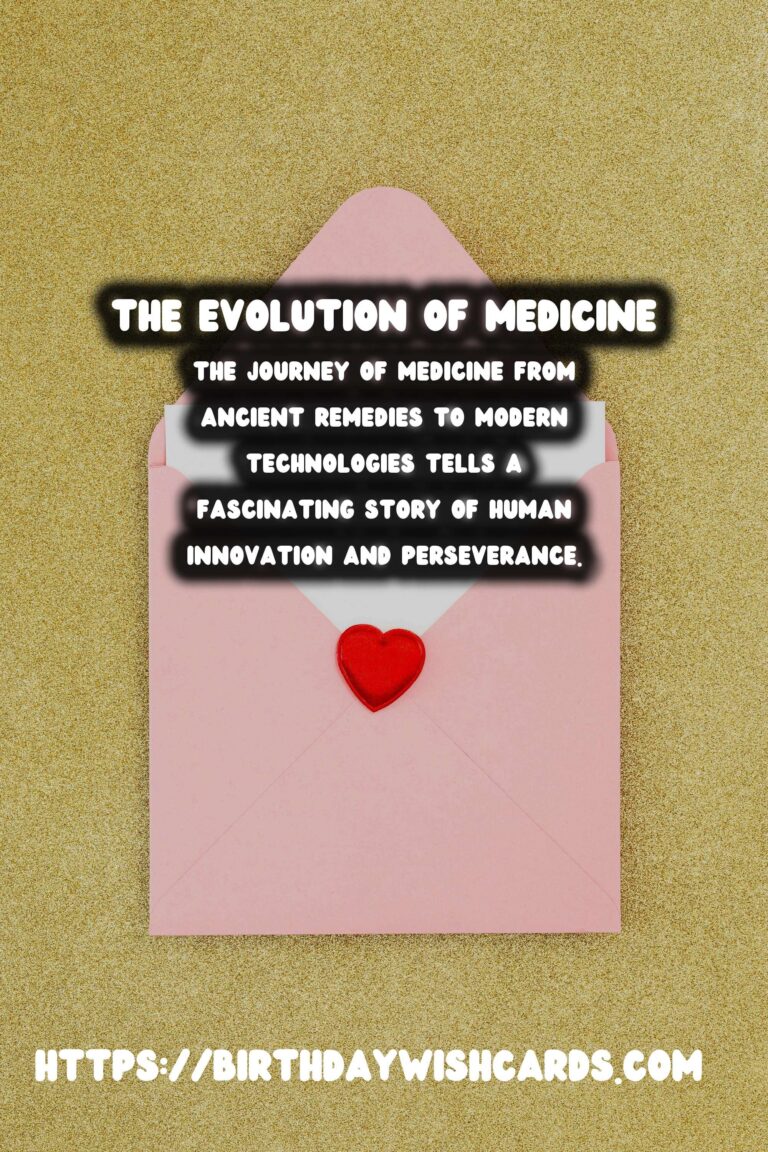
The journey of medicine from ancient remedies to modern technologies tells a fascinating story of human innovation and perseverance. Throughout centuries, varying civilizations have contributed significantly to the evolution of medical practices, each bringing unique insights that have shaped contemporary healthcare.
Ancient Times: Roots of Medical Wisdom
The history of medicine dates back to prehistoric times. However, it was the ancient civilizations such as the Egyptians, Greeks, and Chinese who laid the foundational stones for medical practices. These civilizations documented their findings, allowing future generations to build upon their knowledge.
Egyptian Medicine
Egyptians were pioneers in the field, practicing medicine around 3000 BC. They believed diseases were caused by supernatural forces and used rituals, herbal remedies, and surgical techniques to heal the sick. The Ebers Papyrus is one of the earliest medical texts, encompassing topics such as surgeries, dentistry, and tumors.
Greek Contributions
Hippocrates, often referred to as the ‘Father of Medicine,’ emerged during the Greek era and brought a pragmatic approach to healthcare. Hippocratic medicine emphasized clinical observation and downplayed the role of the supernatural. The Hippocratic Oath remains a defining ethical guide in the practice of medicine today.
Traditional Chinese Medicine
Simultaneously, ancient China developed Traditional Chinese Medicine (TCM), which continues to influence modern practice. Incorporating herbal remedies, acupuncture, and dietary therapies, TCM centered around balancing the body’s yin and yang to maintain health and well-being.
Medieval and Renaissance Medicine: The Dawn of Reform
The Middle Ages and the Renaissance period marked transformative eras in medical history. With the spread of universities and the printing press, medical knowledge became more accessible, accelerating advancements.
Islamic Golden Age Contributions
During the Islamic Golden Age, scholars like Avicenna and Al-Razi made substantial advances in areas such as pharmacology, surgery, and anatomy. Avicenna’s ‘The Canon of Medicine’ was a fundamental medical text in Europe and the Middle East for centuries.
Renaissance Breakthroughs
The Renaissance brought anatomy into the spotlight. Andreas Vesalius’ detailed anatomical drawings revolutionized the understanding of the human body. This period also challenged pre-existing beliefs and encouraged scientific questioning, setting the stage for modern medicine.
Modern Medicine: Revolutionary Discoveries and Technologies
The modern era of medicine is marked by groundbreaking discoveries that have transformed medical practice. The understanding of germ theory, the development of vaccines, and the advent of antibiotics have dramatically reduced mortality rates and improved quality of life.
19th Century: Germ Theory and Vaccines
In the 19th century, Louis Pasteur’s germ theory challenged previous notions about disease causation, leading to better hygiene practices. Edward Jenner’s vaccine development against smallpox laid the foundation for immunology, saving countless lives.
20th Century: Antibiotics and Advanced Surgery
The discovery of penicillin by Alexander Fleming revolutionized medicine, marking the beginning of the antibiotic era. Coupled with advances in surgical techniques and anesthesia, it allowed for more sophisticated medical procedures and reduced surgical mortality rates.
21st Century: Genetic Research and Technology Integration
The 21st century is characterized by remarkable medical technologies and genetic research. The mapping of the human genome has opened new avenues for personalized medicine, while digital health technologies like telemedicine and robotic surgeries are redefining patient care.
Conclusion: The Future of Medicine
Reflecting on the history of medicine illustrates not only the staggering developments that have occurred but also the potential for future innovations. As we move forward, the integration of technology and medicine promises to continue transforming healthcare, enhancing both diagnostic precision and treatment efficacy.
Medicine’s legacy is a testament to human resilience and ingenuity, offering a hopeful glimpse into the future where health and technology converge to improve lives worldwide.
The journey of medicine from ancient remedies to modern technologies tells a fascinating story of human innovation and perseverance. As we move forward, the integration of technology and medicine promises to continue transforming healthcare. 
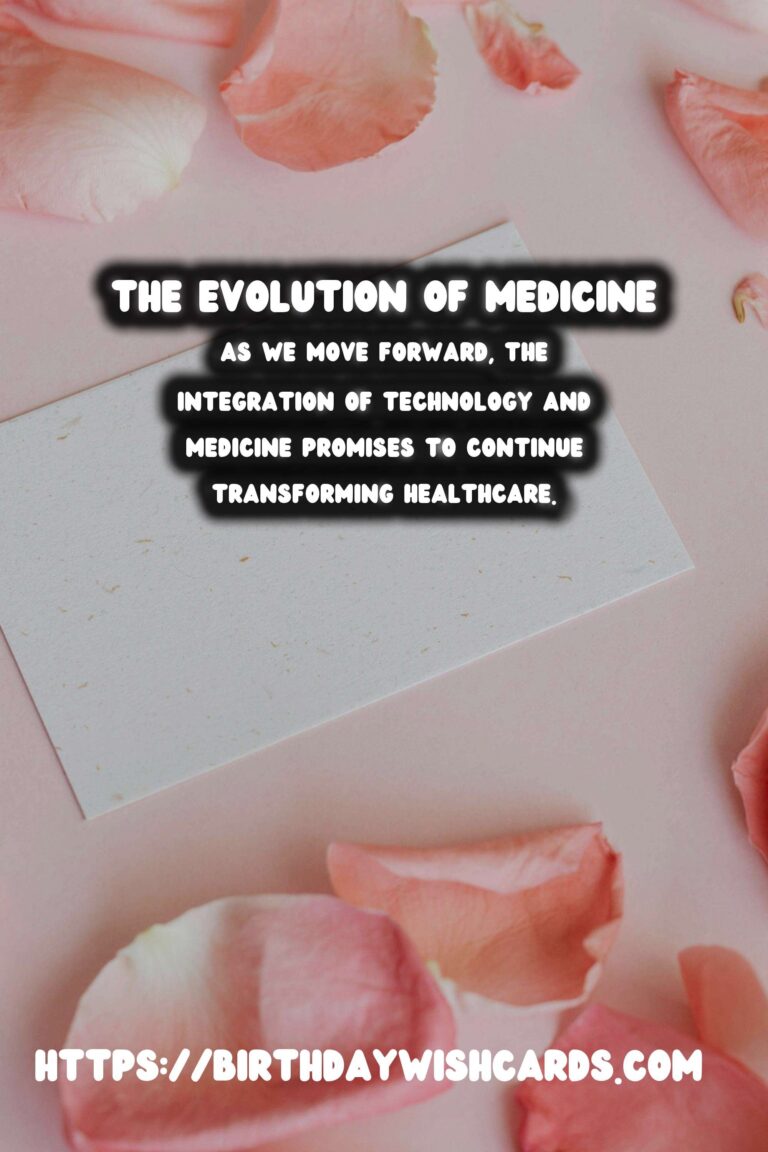
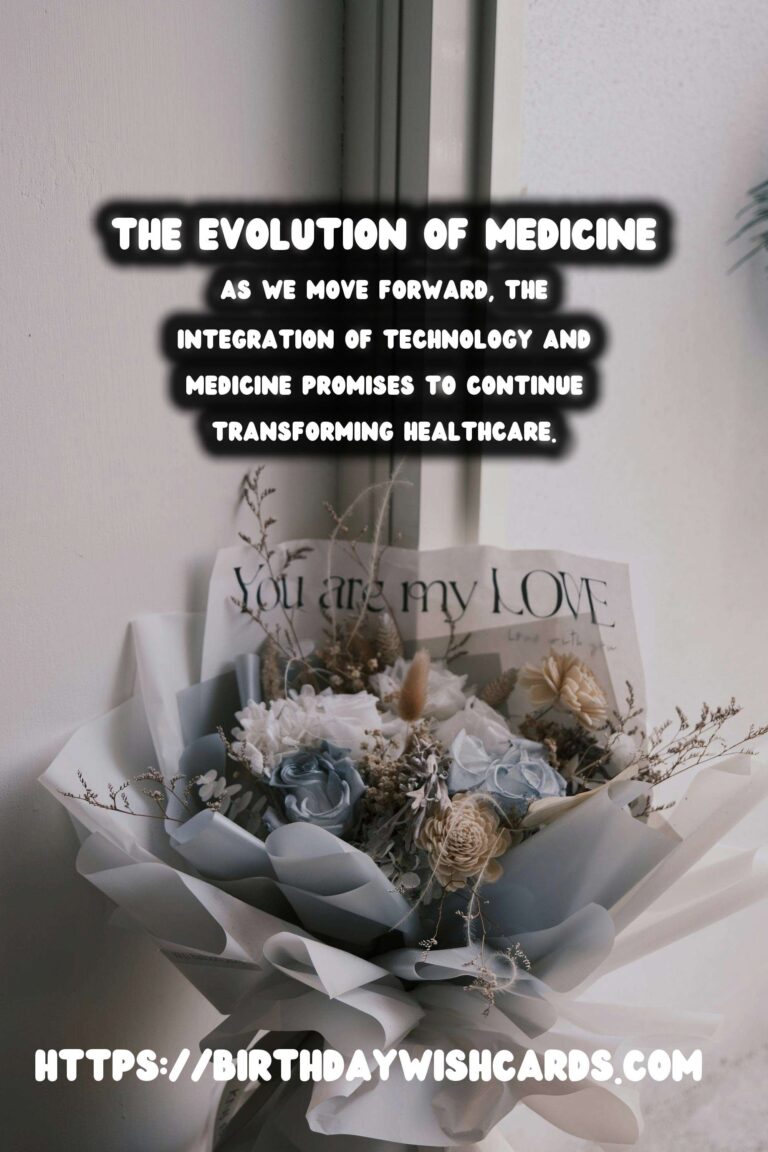
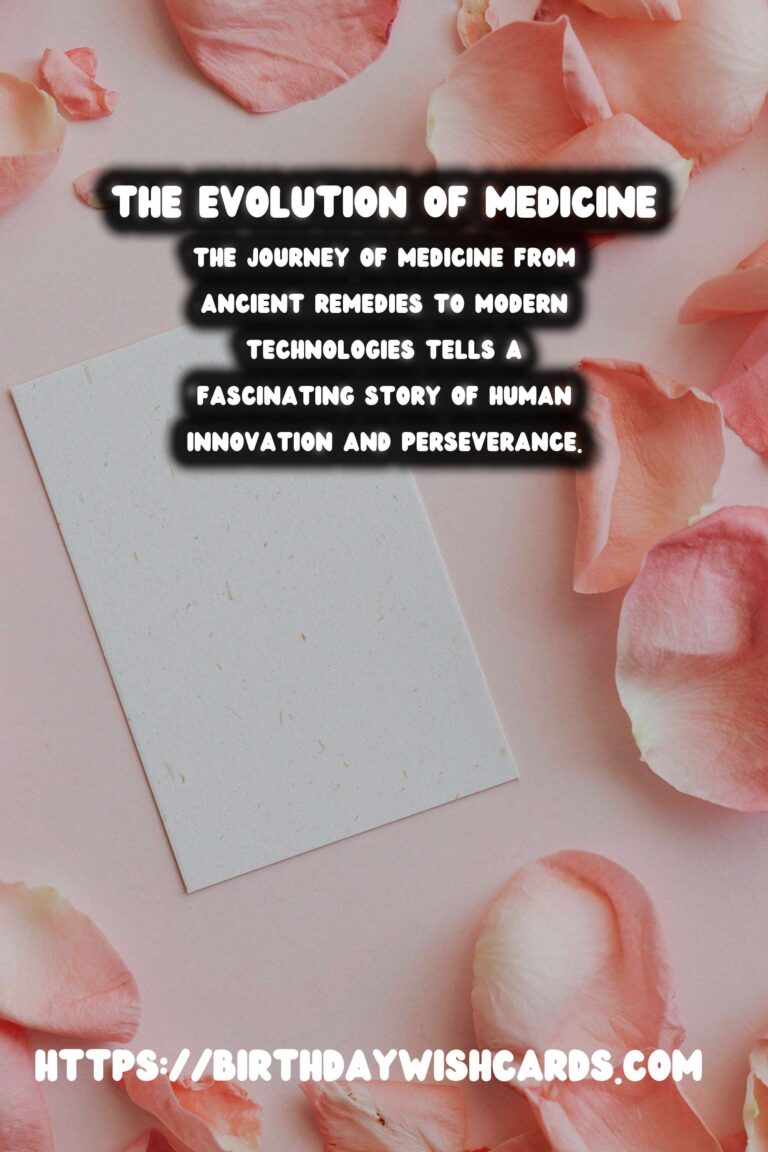
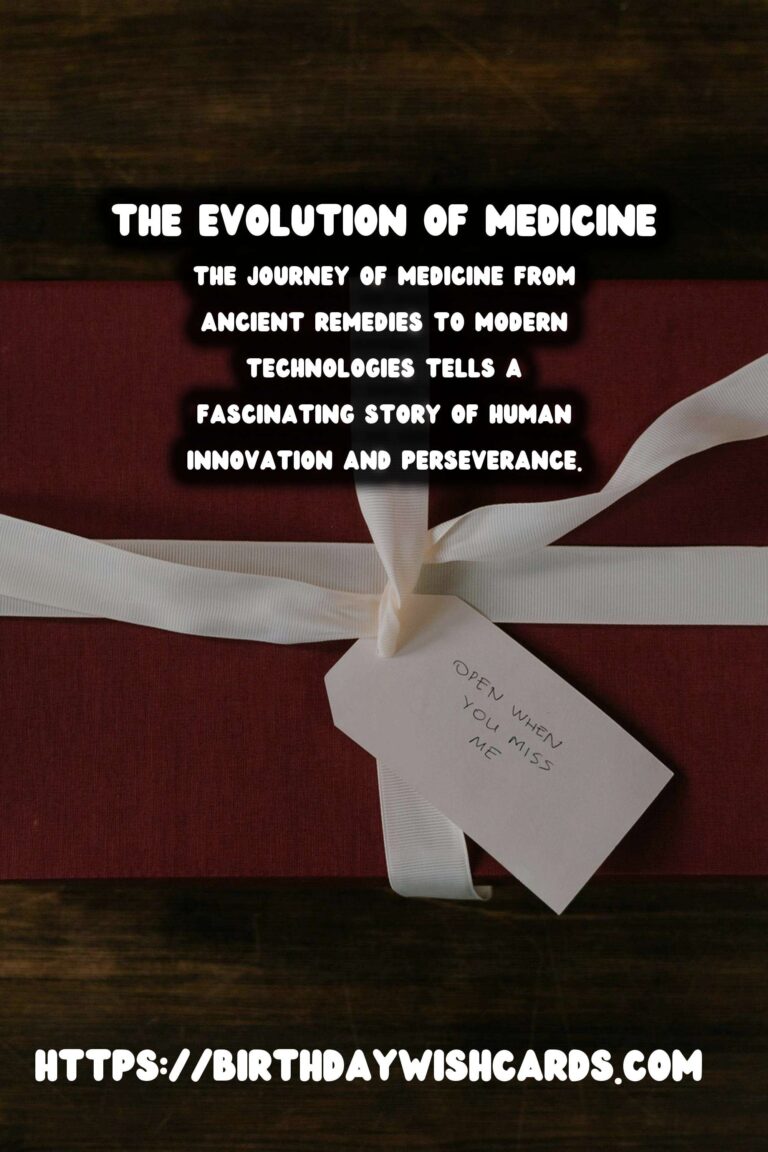
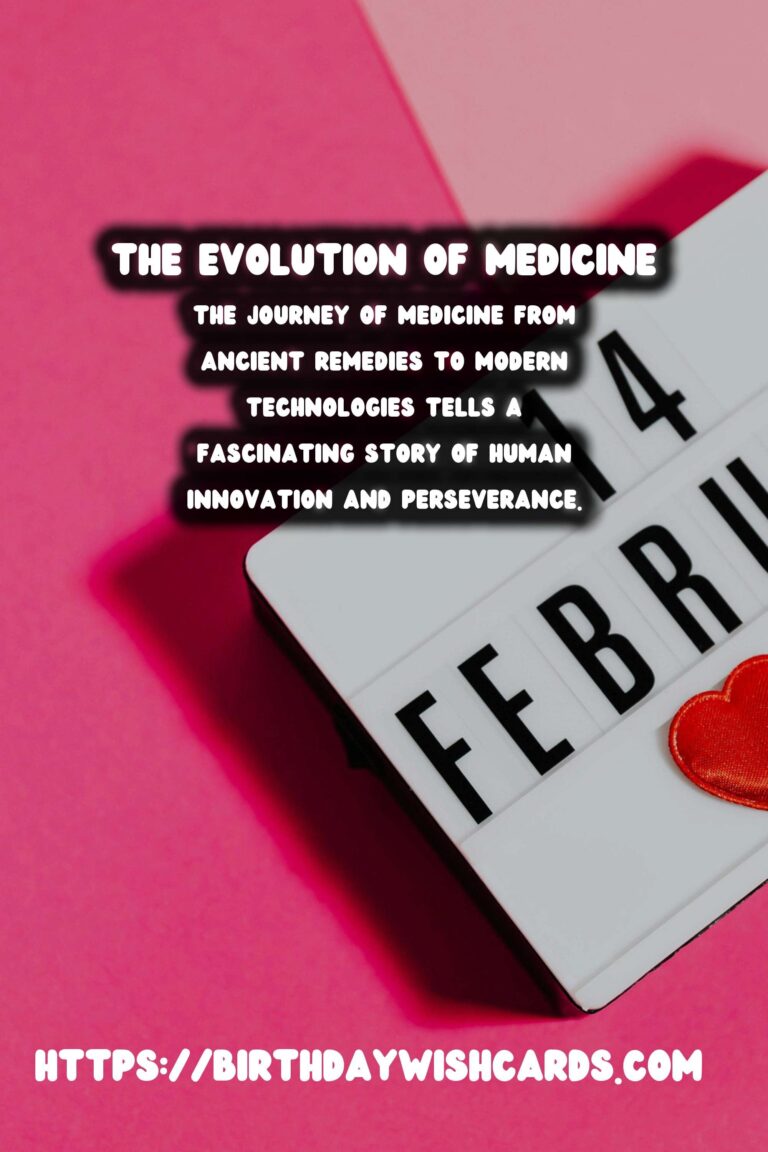
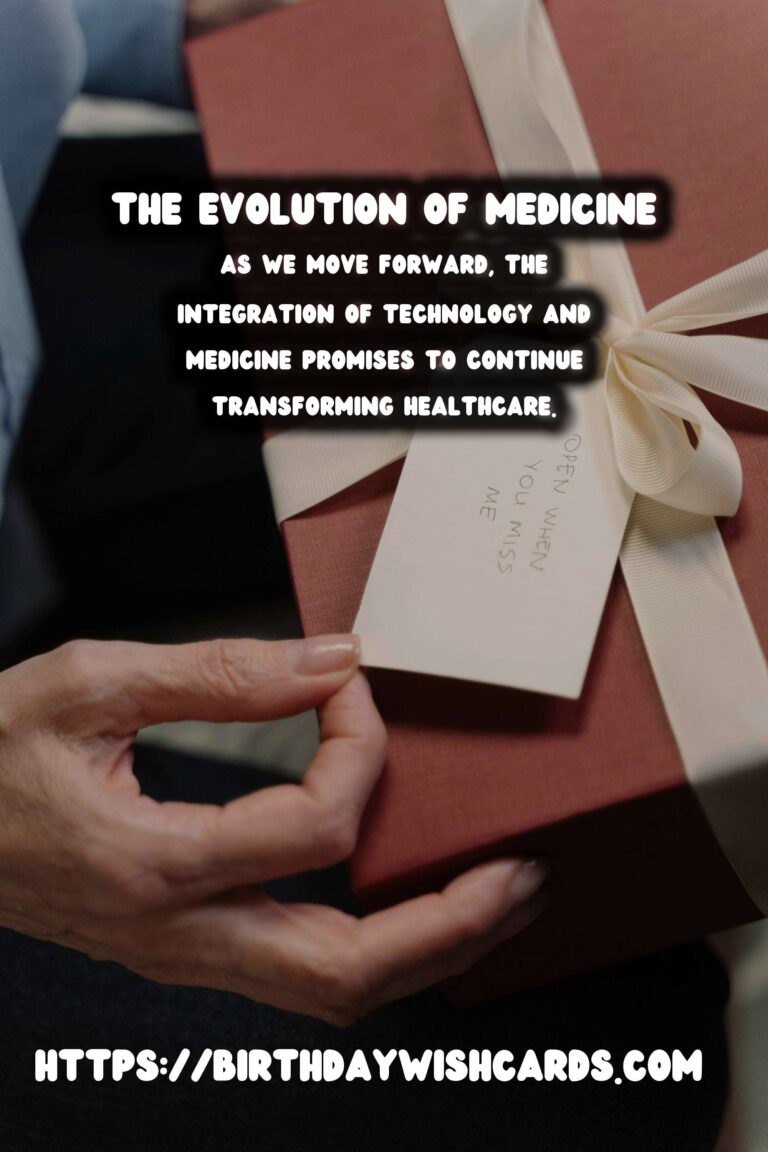
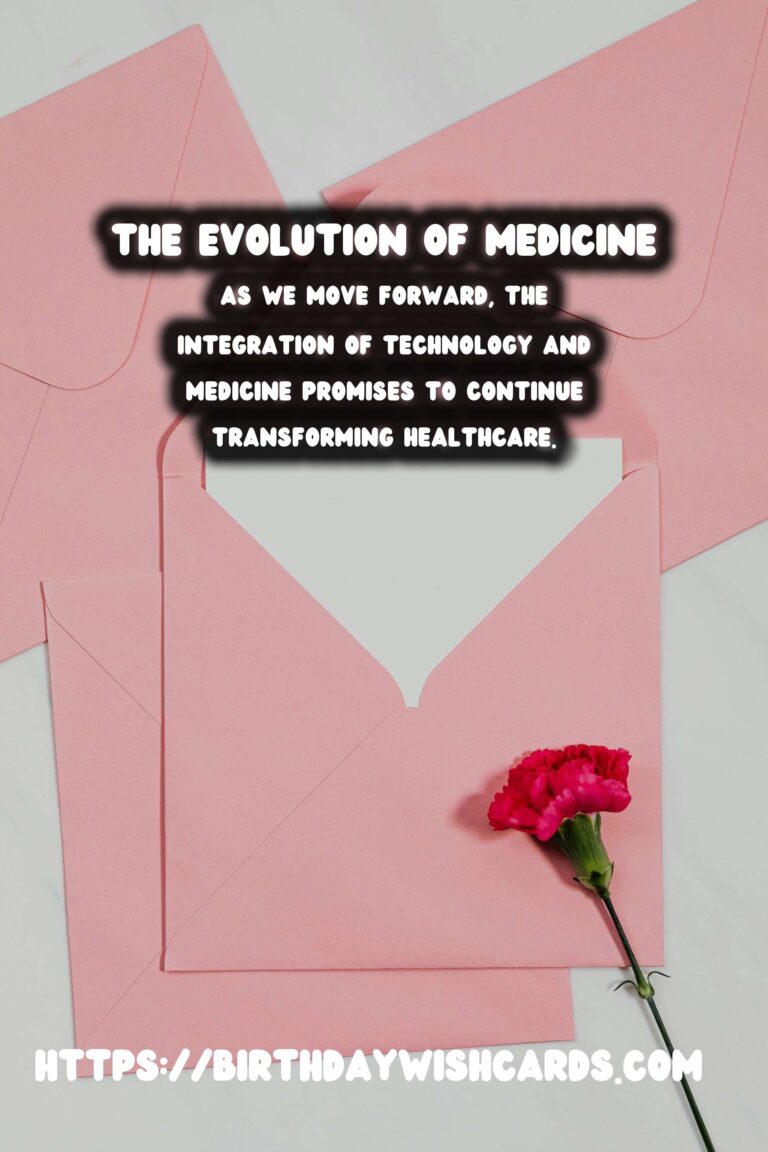
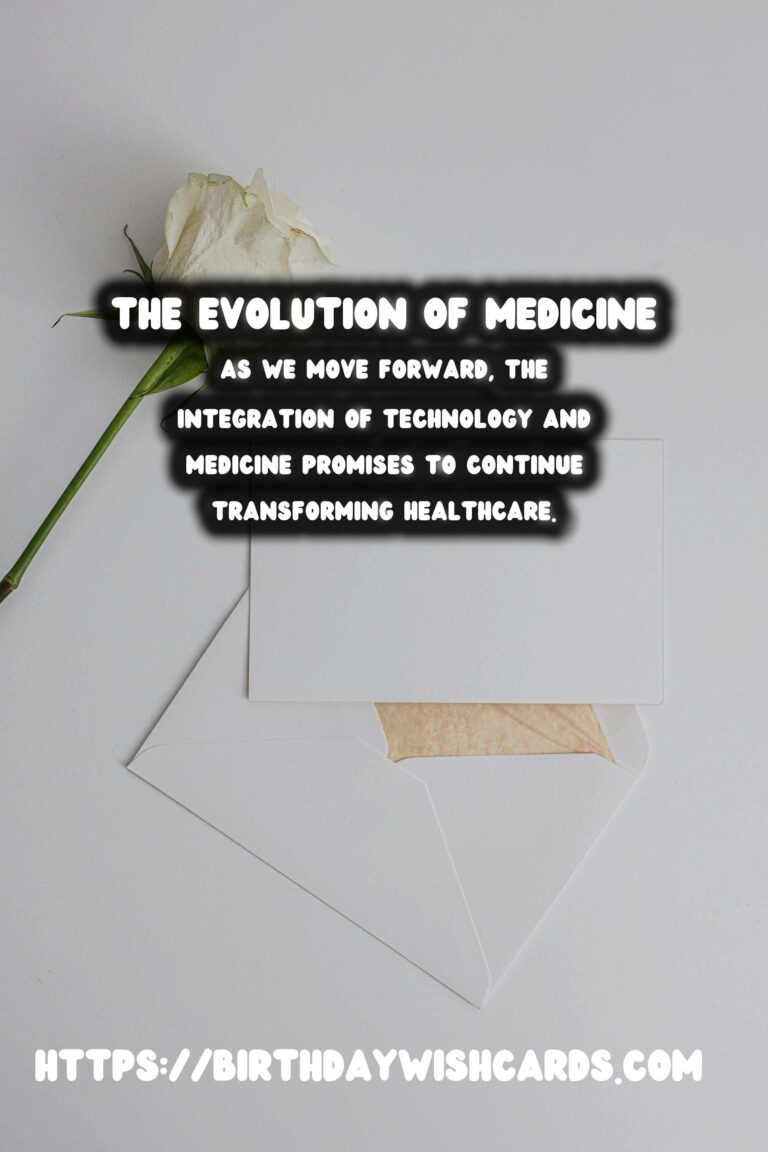
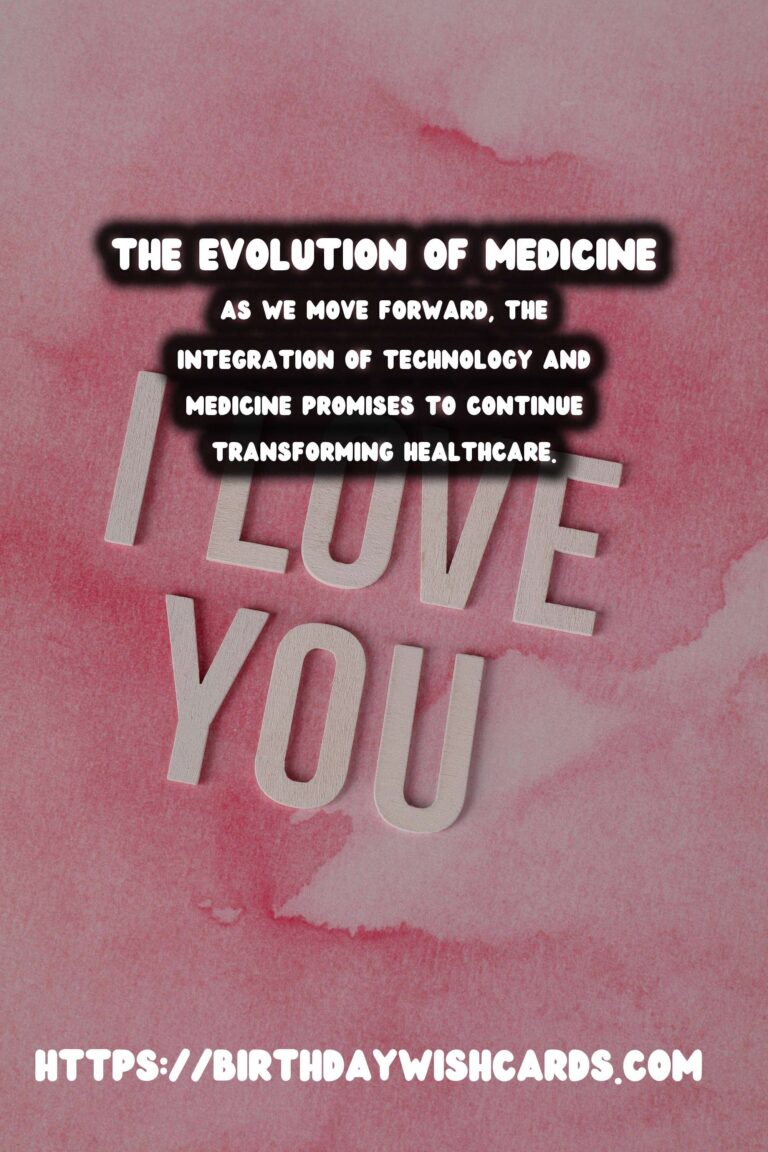
#HistoryOfMedicine #MedicalAdvances




